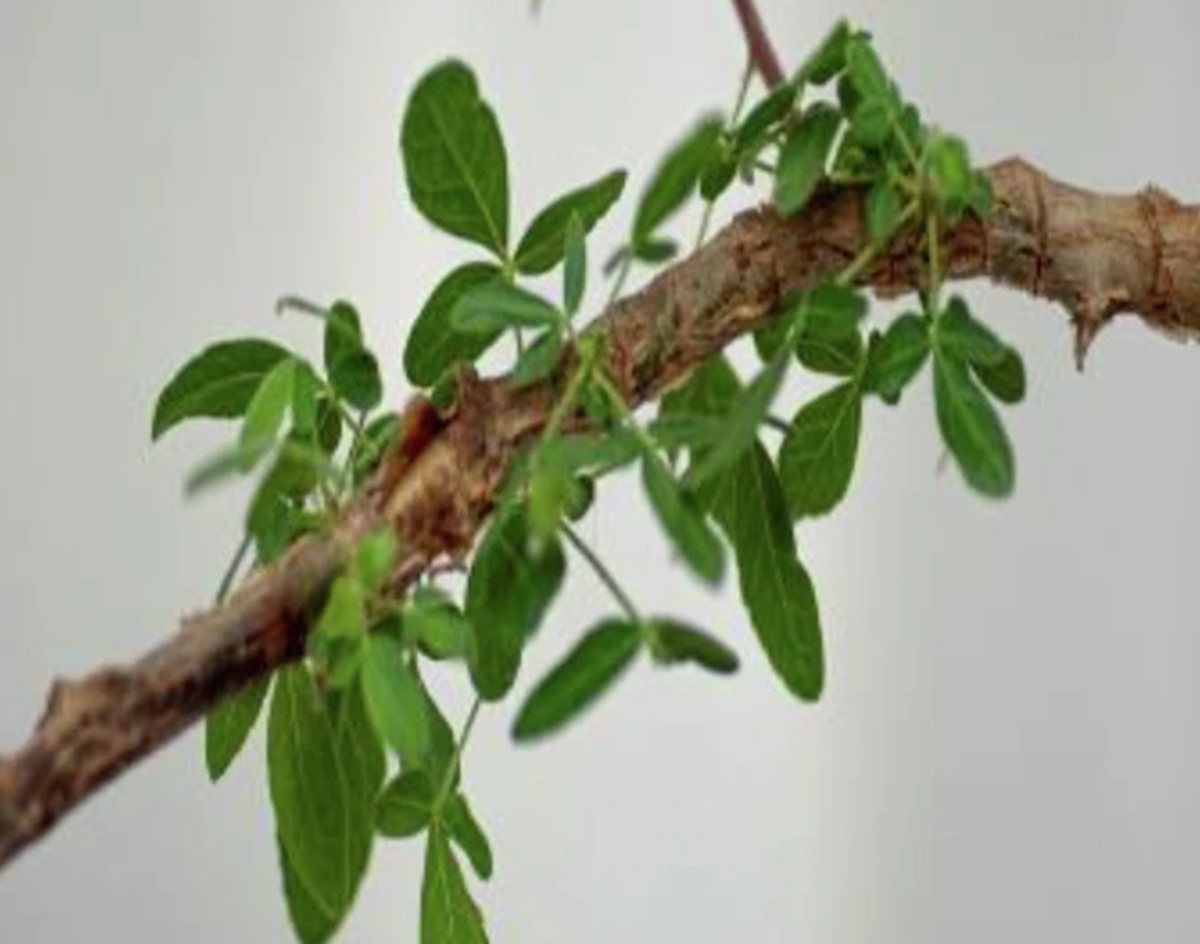Tree’s resin, called ’tsori’ in Biblical texts, was highly prized in ancient world for its used in perfume, incense, cataract medicine, embalming agents, and antidotes
The resin of a tree grown from an ancient seed found in a desert cave near Jerusalem could be the source of a medicinal balm mentioned in the Bible, a new study has found.
The strange seed, about 2cm long, was discovered in a Judean Desert cave in the late 1980s, and dated to between 993AD and 1202AD. After years of attempting to grow the plant, researchers have identified the sapling nicknamed “Sheba”.
…
Researchers suspected the “Sheba” tree to be a candidate for the “Judean Balsam” or “Balm of Judea”, which was cultivated exclusively in the desert region of southern Levant during Biblical times.
The Judean Balsam has been extensively described in the literature from Hellenistic, Roman-Byzantine and Post-Classical periods between the 4th century BC and the 8th century AD.



My laymans assumption is that acupuncture likely has a counterirritant effect, which can make pain seem less pronounced.
Sort of like how punching yourself in the side of the head can provide relief for a migraine.
I wonder if that might be the case. My dad said that it wasn’t painful, so I’m not sure. The needles are apparently very thin.
I would expect, just like with pharmaceutical medicine, there is a placebo effect for some people and so it gets really complicated trying to determine how effective something like acupuncture is.